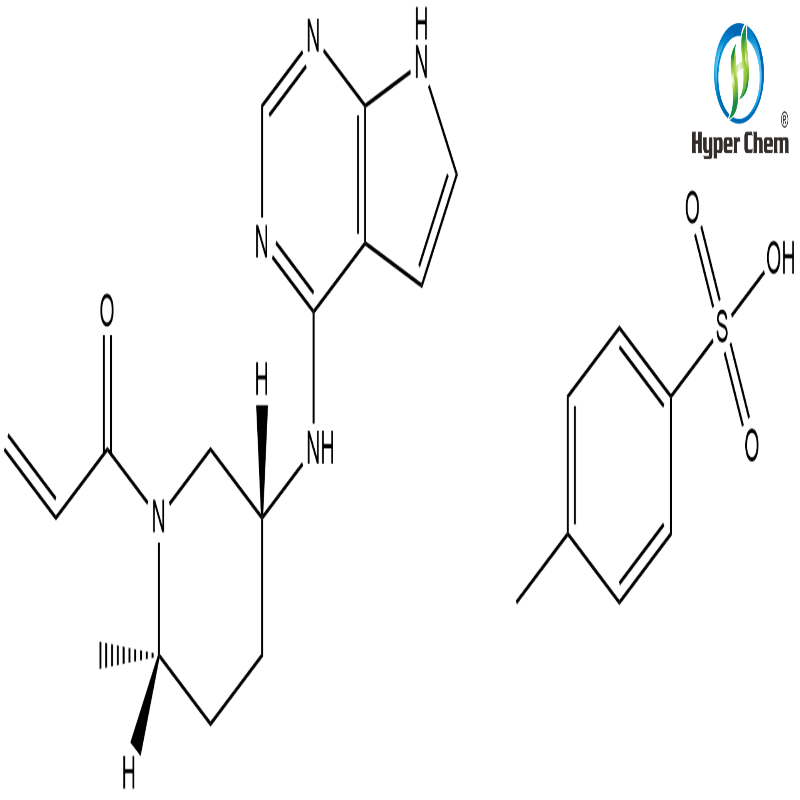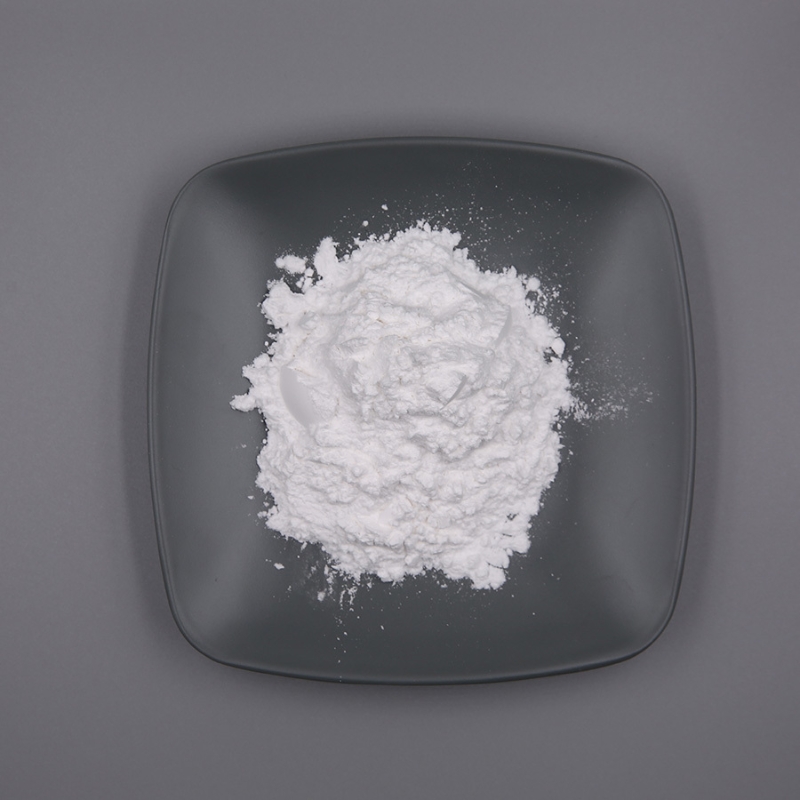-
Categories
-
Pharmaceutical Intermediates
-
Active Pharmaceutical Ingredients
-
Food Additives
- Industrial Coatings
- Agrochemicals
- Dyes and Pigments
- Surfactant
- Flavors and Fragrances
- Chemical Reagents
- Catalyst and Auxiliary
- Natural Products
- Inorganic Chemistry
-
Organic Chemistry
-
Biochemical Engineering
- Analytical Chemistry
-
Cosmetic Ingredient
- Water Treatment Chemical
-
Pharmaceutical Intermediates
Promotion
ECHEMI Mall
Wholesale
Weekly Price
Exhibition
News
-
Trade Service
17, 2020 /--- In a new study, researchers from research institutions such as Massachusetts General Hospital and Harvard Medical School found that people who survived severe COVID-19 infections had a long-lasting immune response to the virus.
findings offer hope to people infected with the virus, allowing them to produce a lasting immune response to prevent re-infection.
study also suggests that measuring antibodies can be a tool to accurately track the spread of the virus in the community.
study was published in the October 8, 2020 issue of the journal Science Immunology under the title "Persistence and decay of human antibody responses to the receptor binding domain of SARS-CoV-2 Spike protein in COVID-19 patients."
images from Science Immunology, 2020, doi:10.1126/sciimmunol.abe0367.
the immune system produces proteins called antibodies to respond to SARS-CoV-2, the coronavirus that causes COVID-19.
, co-author of the paper and a researcher in the Infectious Diseases Department at Massachusetts General Hospital, said, "However, there is a big knowledge gap in how long these antibody responses last."
, she and her colleagues obtained blood samples from 343 COVID-19 patients, most of whom were in serious condition.
blood samples were taken up to four months after the patient's symptoms appeared.
The plasma in the patient's blood is isolated and added to a laboratory board encrusted with a binding domain (RBD) of the virus's "stinging" protein, in which the virus's stings attach to the host cell, leading to infection.
Charles and her team studied how different types of antibodies in plasma bind to RBD.
team compared the results with blood samples taken from more than 1,500 people before the pandemic.
the researchers found that measuring an antibody called immunoglobulin G (IgG) was very accurate in identifying infected patients with symptoms for at least 14 days.
Charles said that since standard SARS-CoV-2 (nasal swab) PCR testing methods lose sensitivity over time, adding antibody testing to patients with symptoms for at least eight days, at which point 50 percent of people are producing antibodies, will help identify positive cases that may be missed.
the researchers found that IgG levels in these patients remained elevated for four months and were associated with the presence of protective neutral antibodies: over time, the activity of these protective neutral antibodies also barely decreased.
that people are likely to be protected during this time," charles said.
found that the critical antibody response to COVID-19 does persist.
In a separate study, Charles and her colleagues found that people infected with SARS-CoV-2 produced a relatively short response to immunoglobulin A (IgA) and immunoglobulin M (IgM), falling to lower levels on average over an average period of about two and a half months or less.
can now say that if a patient had an IGA and IgM reaction in their body, they would probably have been infected with the virus in the last two months," charles said. Dr. Jason Harris, co-author of the
paper and an expert in pediatric infectious diseases at Massachusetts General Hospital, explained that understanding the duration of the IGA and IgM immune responses will help scientists obtain more accurate data on the spread of SARS-CoV-2.
many infections in the community are detected by us not passing PCR testing during acute infections, especially in areas where access to detection is limited.
how long the antibody response lasts is critical before we can use antibody testing to track the spread of COVID-19 and identify the 'hot spots' of the disease.
(bioon.com) Reference: 1.Anita S. Iyer et al. Persistence and decay of human antibody responses to the receptor binding domain of SARS-CoV-2 spike protein in COVID-19 patients. Science Immunology, 2020, doi:10.1126/sciimmunol.abe0367.2.Protective antibodies persists for months in survivors of serious COVID-19







